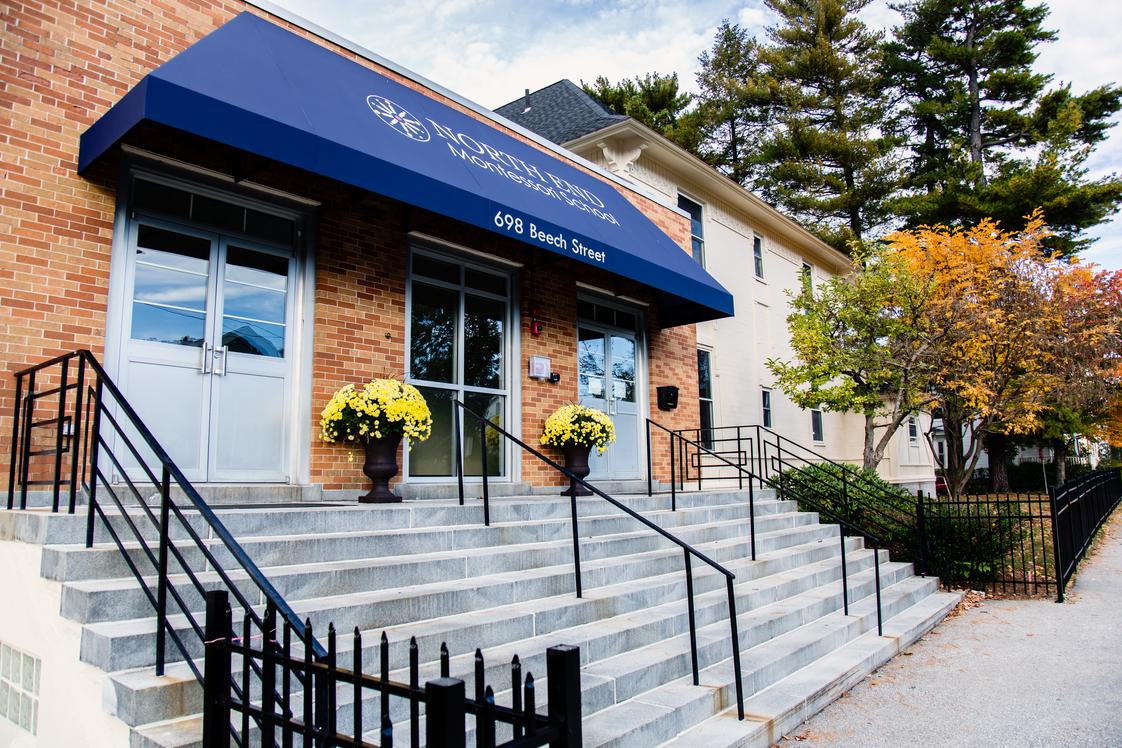The Montessori method of early childhood education is well-known for its unique child-centered method which encourages independence, imagination as well as a lifetime passion of learning. This complete guide will help you understand the advantages of Montessori daycare, Montessori kindergarten, Montessori preschool as well as Montessori elementary school, highlighting the role each stage plays in a child’s holistic development.

Montessori Daycare Inspiring independence from the beginning
Montessori daycare programs are designed to nurture independence and self-confidence in the youngest learners. These programs provide a safe and stimulating environment in which children as young as infants and toddlers can play and learn at their individual pace. In a Montessori-style preschool, children are encouraged and encouraged to engage their senses and develop motor skills using tools that are appropriate for their age.
Teachers in Montessori daycares guide the children, instead of acting as traditional instructors. This helps develop the development of critical thinking skills in children and encourages them to develop a sense of autonomy. In Montessori daycares, children are encouraged to make a mess with water, spoon beans and button clothing. These activities aid in developing fine motor skills and practical skills.
Montessori Kindergarten: Foundations for Lifelong Learning
As children move to Montessori kindergarten, the emphasis changes slightly, allowing for more academically structured learning, however, they are still encouraged to be independent and self-directed activities. The Montessori kindergarten program is diverse and comprehensive, covering languages mathematics, maths, cultural studies and practical life skills and more.
A mixed-age class is considered to be one of the main features of Montessori Kindergarten. Children from all ages learn together. This type of arrangement lets children to learn from their older classmates and for older students to build on ideas they already have. This helps students learn social skills, and builds a sense of belonging within the classroom.
Montessori kindergarten is a highly interactive space that is focused on the real-world aspects of learning. Math, for instance, could be taught with manipulatives, such as beads or rods, which help children grasp abstract concepts through physical interaction. Additionally, the development of language is supported through stories, games for phonetics and writing exercises.
Montessori Preschool: Encouraging Curiosity and Exploration
Montessori preschools build upon the foundations laid out in daycare and kindergarten, emphasizing exploration, curiosity and a desire to learn. The preschool is designed to be interactive in educational and fun. It includes the right materials and activities for the age range between 3 and 6 years olds.
Children in a Montessori pre-school are free to select the activities they want to do and work at their own pace. This independence helps children develop a sense for responsibility and intrinsic motivation. The preschool curriculum includes practical daily activities, sensory exercises including math, language and studies in culture.
Practical life exercises like cooking or cleaning up, as well as gardening are an integral part of Montessori preschool education. These exercises teach children fundamental life skills and help them develop coordination, concentration, and independence. Sensory exercises, on contrary, aim to improve the development of the brain and the five primary senses.
Montessori Elementary School: Prepare for Academic Success and Beyond
Montessori elementary school continues the idea of child-centered education, with a greater concentration on academic subjects while fostering the whole child. The curriculum is integrated and interconnected, which allows children to understand the connection between various academic subjects.
Elementary students at a Montessori school engage in extensive research, cooperative learning, and hands-on experiments. The classroom is designed to encourage an open mind with tools that are suited to any level of ability and interest.
One of the most distinctive features of Montessori education is its focus on “cosmic education” that helps kids comprehend their place in the world and the interconnectedness of everything. This approach fosters a sense obligation to others and the environment, preparing children to become thoughtful educated citizens.
Conclusion A conclusion: The Montessori approach, which encompasses early childhood education and daycare, is a unique way to encourage a child’s development. Montessori education helps children develop the necessary skills to succeed throughout their lives. This is accomplished by creating independence, curiosity and an interest in learning, and a love of learning.